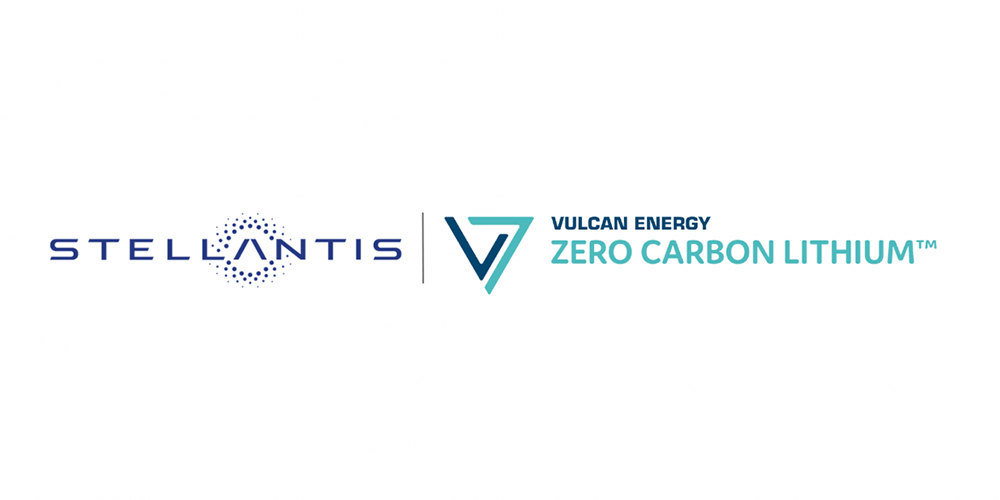Stellantis invests in Vulcan Energy Resources
Stellantis has invested €50 million in Vulcan Energy Resources and becomes the second-largest shareholder of the German-Australian lithium producer with an eight per cent stake. Vulcan and Stellantis have also extended their binding off-take agreement for lithium hydroxide by five to ten years.
It has been known since “EV Day” in July 2021 that Stellantis is betting on lithium from geothermal production – at that time, the group announced that it had concluded two memoranda of understanding. This was followed in November 2021 by a binding order for up to 99,000 tonnes of lithium hydroxide over five years from Vulcan – subject to the start of commercial production at Vulcan and full product qualification.
Whether Stellantis now considers these reservations to have been overcome, even though commercial production in the Upper Rhine Valley is not yet underway, is not clear from either Vulcan’s brief ad hoc announcement or Stellantis’ press release. Stellantis CEO Carlos Tavares’ rationale for the investment sounds much the same as when he signed the off-take agreement. “Making this highly strategic investment in a leading lithium company will help us create a resilient and sustainable value chain for our European electric vehicle battery production,” Tavares is quoted as saying in his company’s press release.
According to Stellantis, the capital will go towards the “drilling project to expand Vulcan’s production capacity at its production site in the Upper Rhine Valley”. “Stellantis’ significant investment in Vulcan and the Zero Carbon Lithium Project represents a strong statement by one of the world’s largest automakers regarding sustainable and strategic sourcing of battery materials,” said Vulcan managing director Francis Wedin. “We are fully aligned with Stellantis’ decarbonisation and electrification goals, which represent some of the most ambitious in the industry. It is encouraging to see a leading automaker investing in local, low carbon lithium production for electric vehicles.”
The binding off-take agreement for the lithium hydroxide has also been extended by five years to 2035. However, new delivery quantities are not mentioned in the notices. Thus, it is open whether the previous purchase volume of 81,000 to 99,000 tonnes will also double like the term.





0 Comments